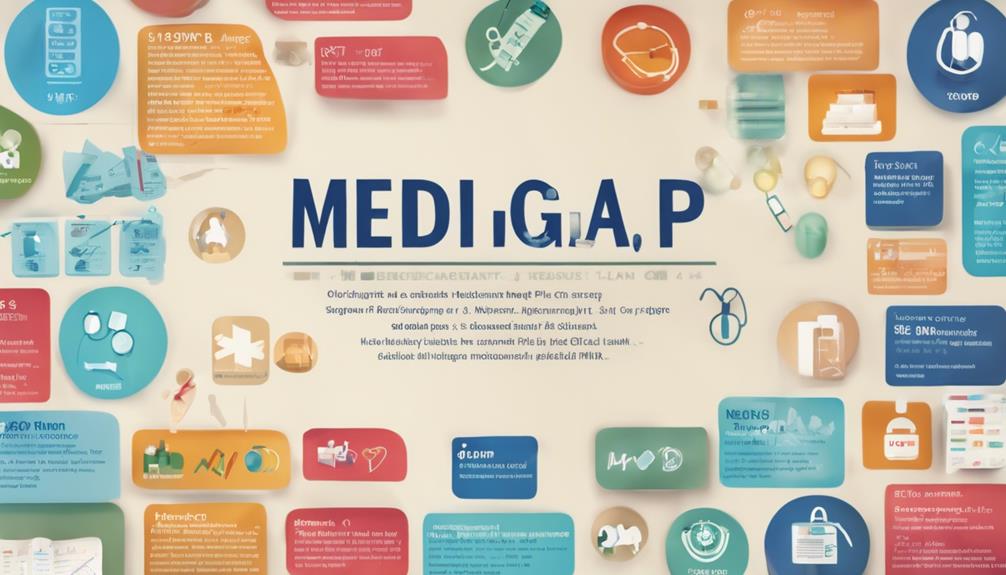TennCare Medicaid is a vital program in Tennessee that provides essential health services to eligible individuals and families. It’s important to understand how this program works, who qualifies, and what benefits it offers. In this article, we’ll explore the ins and outs of TennCare Medicaid, ensuring you have a comprehensive understanding of this crucial healthcare program.
What is TennCare Medicaid?
TennCare Medicaid is the state’s Medicaid program designed to provide health care coverage to eligible low-income individuals, families, and specific vulnerable populations, including children, elderly, and disabled individuals. Established in the 1990s, TennCare Medicaid aims to improve access to healthcare services while controlling costs. Unlike traditional Medicaid programs, TennCare operates under a managed care model, which means beneficiaries receive care through contracted health plans that coordinate services.
The program is funded jointly by federal and state governments, allowing it to offer a wide range of medical services. This includes hospital stays, outpatient care, preventive services, and prescription medications. Additionally, TennCare Medicaid is crucial in ensuring that those who might otherwise go without medical care can receive necessary treatment.
Who Qualifies for TennCare Medicaid?
Eligibility for TennCare Medicaid is determined by various factors, including income, age, and health status. Generally, individuals must meet specific income limits, which are set annually and can vary based on family size and composition. For instance, pregnant women and children have higher income thresholds than other adults.
To qualify, applicants must be residents of Tennessee and meet one of the following criteria: be a child under 19, be pregnant, be the caretaker of a dependent child, or be aged 65 or older. Individuals with disabilities can also qualify for TennCare Medicaid, regardless of age. It’s essential to gather all necessary documentation, such as proof of income and residency, when applying to ensure a smooth process.
The Application Process for TennCare Medicaid
Applying for TennCare Medicaid can be done online, by phone, or in person at local Department of Human Services (DHS) offices. The online application is often the most efficient method, allowing applicants to provide the required information and documentation easily.
After submitting an application, it typically takes 30 days for the state to process and determine eligibility. Applicants should be prepared to provide additional information if requested. Once approved, beneficiaries will receive a TennCare Medicaid card, which they must present when seeking medical services. For those who are denied, there is an option to appeal the decision, which is an important right for applicants to know.
Benefits of TennCare Medicaid
TennCare Medicaid offers a comprehensive array of healthcare benefits, ensuring that beneficiaries receive the medical attention they need. Services typically covered include hospital care, doctor visits, preventive care, mental health services, and prescription drugs. Additionally, TennCare Medicaid often provides support for long-term care, such as nursing home services, which is crucial for elderly and disabled individuals.
Coverage for behavioral health services is also a significant aspect of TennCare Medicaid, addressing the mental health needs of beneficiaries. This holistic approach to healthcare not only helps individuals manage chronic conditions but also promotes overall well-being, emphasizing the importance of preventive services and early intervention.
Understanding Managed Care in TennCare
One unique feature of TennCare Medicaid is its managed care approach. Instead of directly billing the state for services rendered, participating healthcare providers work within networks established by managed care organizations (MCOs). These MCOs are responsible for coordinating care, managing costs, and ensuring that beneficiaries receive timely and appropriate medical services.
For beneficiaries, this means they often have a primary care provider (PCP) who oversees their healthcare needs. It is critical to select a PCP from the assigned MCO to ensure seamless access to services. Additionally, managed care aims to provide a more integrated approach to healthcare, potentially improving outcomes by fostering better communication among providers and patients.
Challenges and Considerations for TennCare Medicaid Beneficiaries
While TennCare Medicaid offers essential services, beneficiaries may face challenges in navigating the system. One common issue is understanding the scope of covered services. Some individuals may be surprised to find that certain treatments or medications are not included in their coverage, leading to unexpected out-of-pocket costs.
Additionally, the managed care structure can sometimes complicate access to specialists or specialized services. Beneficiaries may need referrals from their PCP to see specialists, and navigating these guidelines can be frustrating. It’s important for beneficiaries to stay informed about their rights and responsibilities under TennCare Medicaid to make the most of their coverage.
Resources and Support for TennCare Medicaid Beneficiaries
There are numerous resources available for TennCare Medicaid beneficiaries to help them navigate the system. The official TennCare website offers a wealth of information, including details about covered services, eligibility requirements, and how to apply. Additionally, the Tennessee Department of Human Services provides assistance and guidance for those needing help with applications or appeals.
Local community organizations and non-profits also offer support services, including health education, advocacy, and outreach. Connecting with these organizations can provide beneficiaries with valuable resources and information to help them manage their healthcare effectively.
The Future of TennCare Medicaid
As healthcare needs continue to evolve, so too does TennCare Medicaid. The program remains committed to adapting to the changing landscape of healthcare delivery, especially in light of advancements in technology and new healthcare policies. Ongoing efforts to improve service access and quality are central to TennCare’s mission.
Moreover, as the population of Tennessee grows and demographics shift, TennCare Medicaid will need to adjust to ensure that it meets the needs of a diverse and changing community. Advocates for Medicaid expansion continue to push for broader coverage options, emphasizing the importance of accessible healthcare for all residents.
In conclusion, understanding TennCare Medicaid is crucial for eligible individuals and families in Tennessee. By learning about the eligibility requirements, benefits, application process, and resources available, beneficiaries can make informed decisions about their healthcare. As the program continues to evolve, staying informed will empower individuals to navigate the system effectively and access the services they need.Medicare Coverage For Home Health Care
